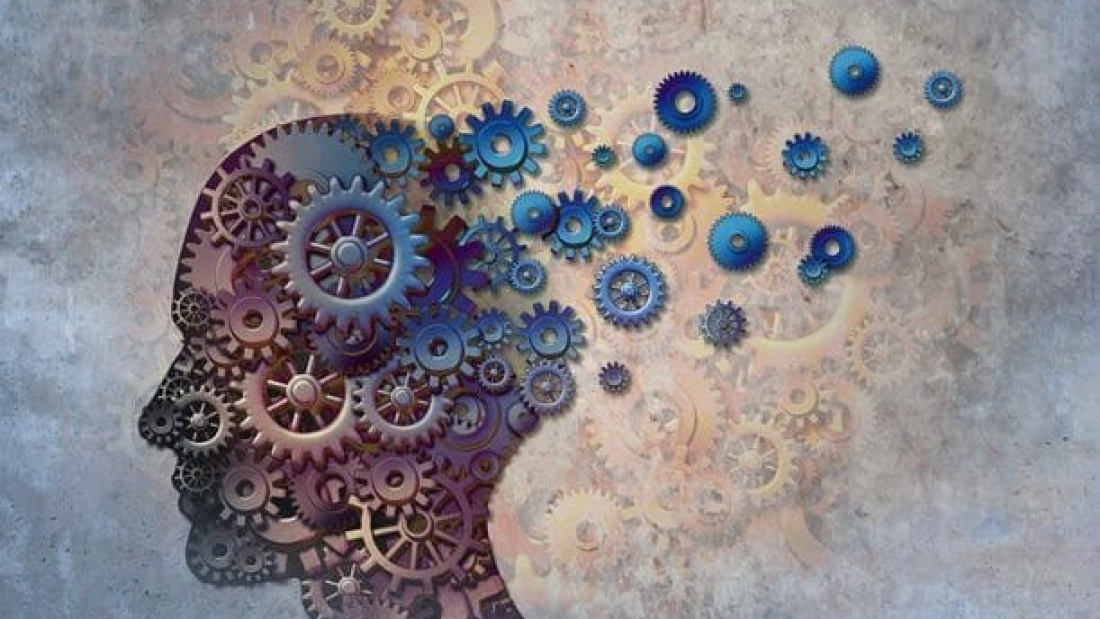Scientists have uncovered a potential approach to treat one of the commonest causes of dementia and stroke in older people.
Studies with rats found the treatment can reverse changes in blood vessels in the brain associated with the condition, called cerebral small vessel disease.
Treatment also prevents damage to brain cells caused by these blood vessel changes, raising hope that it could offer a therapy for dementia.
Brain Cell Damage
Patients with SVD are diagnosed from brain scans, which detect damage to white matter – a key component of the brain’s wiring.
Until now, it was not known how changes in small blood vessels in the brain associated with SVD can cause damage to brain cells.
Blood Vessels
A team led by the University of Edinburgh found that SVD occurs when cells that line the small blood vessels in the brain become dysfunctional. This causes them to secrete a molecule into the brain.
The molecule stops production of the protective layer that surrounds brain cells – called myelin – which leads to brain damage.
Treating rats with drugs that stop blood vessel cells from becoming dysfunctional reversed the symptoms of SVD and prevented brain damage, tests found.
Promising Direction
Researchers say that further studies will need to test whether the treatment also works when the disease is firmly established. They will also need to check if the treatment can reverse the symptoms of dementia.
Dr Sara Imarisio, Head of Research at Alzheimer’s Research UK said the study highlighted a promising direction for research into treatments that could limit the damaging effects of blood vessel changes and keep nerve cells functioning for longer.
Small Vessel Disease
Small vessel disease, or SVD, is a major cause of dementia and can also worsen the symptoms of Alzheimer’s disease.
It is responsible for almost half of all dementia cases in the UK and is a major cause of stroke, accounting for around one in five cases.
Estimates indicate there are almost 47 million people living with dementia worldwide and the numbers affected are expected to double every 20 years, rising to more than 115 million by 2050.
The research, published in Science Translational Medicine, was carried out at the Medical Research Council Centre for Regenerative Medicine and the UK Dementia Research Institute at the University of Edinburgh. It was funded by the MRC, Alzheimer’s Research UK and Fondation Leducq.
Source: https://www.ed.ac.uk/news/2018/drug-hope-for-dementia-and-stroke


Add a Comment